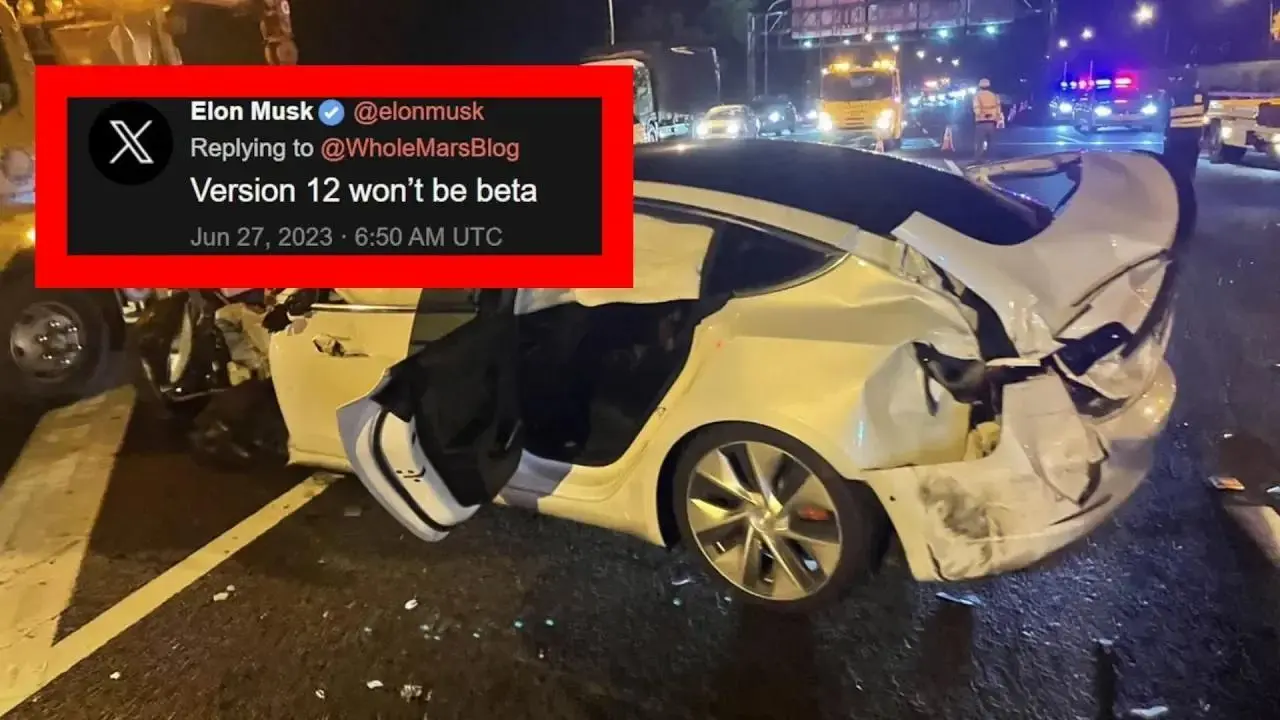Tesla Full Self Driving Is Now 'End-To-End AI'
Tesla Full Self Driving Is Now 'End-To-End AI'

odysee.com
Tesla Full Self Driving Is Now 'End-To-End AI'

Tesla Full Self Driving Is Now 'End-To-End AI'

Tesla Full Self Driving Is Now 'End-To-End AI'
